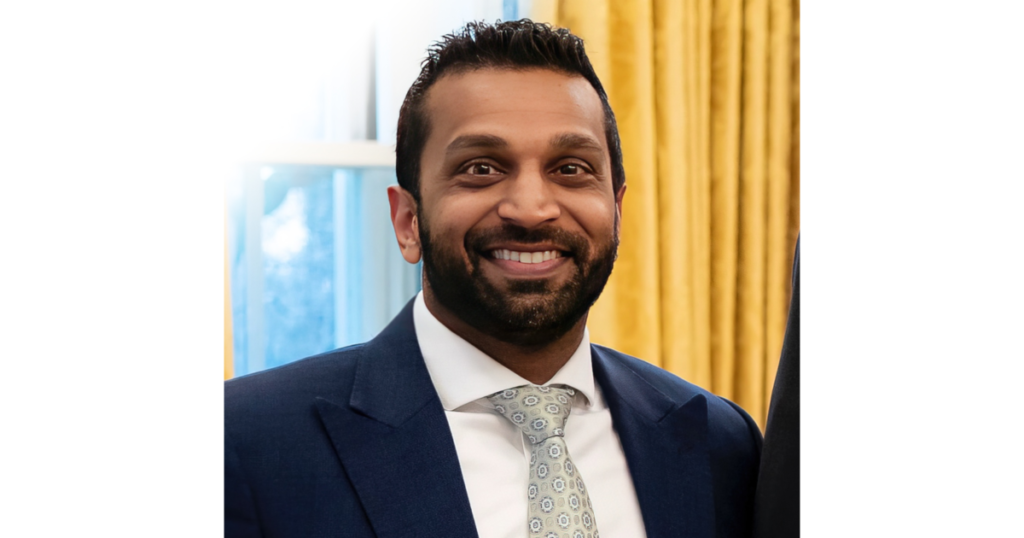Last month, President Trump made headlines by nominating Kash Patel for the pivotal role of FBI Director in his prospective administration. In his announcement, Trump praised Patel as a skilled lawyer and investigator, presenting him as a staunch advocate for the principles of the “America First” agenda. He lauded Patel’s contributions in exposing what Trump referred to as the “Russia, Russia, Russia Hoax,” highlighting Patel’s dedication to accountability, justice, and the protection of American citizens. During Trump’s first term, Patel held significant positions, including Chief of Staff at the Department of Defense, Deputy Director of National Intelligence, and Senior Director for Counterterrorism at the National Security Council. His extensive legal experience includes conducting over 60 jury trials, and Trump emphasized that under Patel’s leadership, the FBI would address pressing national issues such as crime, migrant criminal gangs, and human and drug trafficking.
Patel’s qualifications are underscored by his robust background in national security and justice, which Trump hinted would be pivotal in his role as FBI Director. Notably, Patel’s experience as a terrorism prosecutor involved taking on high-profile cases, including prosecuting ISIS members and leading the case related to the tragic World Cup bombings in Uganda, an incident that resulted in the loss of American lives and dozens of others. These credentials, coupled with his understanding of counterterrorism, present Patel as a figure who can navigate the intricacies of the FBI’s mission to uphold law and order in America.
However, Patel’s nomination wasn’t without resistance. The so-called Deep State-media complex quickly mounted a campaign against him, spurred by his previous actions in revealing alleged corruption associated with the Russiagate scandal. Critics expressed apprehension about Patel’s nomination, fearing his potential as a disruptor of established norms within the FBI and broader government framework. The swift backlash indicates the level of concern among those who oppose his perspectives and actions, suggesting that Patel’s ascent could represent a significant shift in how the FBI operates, particularly in relation to perceived political and legal corruption.
Despite this criticism, support for Patel has emerged from some quarters within Congress. Senator John Cornyn of Texas expressed confidence in Patel’s qualifications and predicted that he would be confirmed as FBI Director. Cornyn noted that trusted sources within the political landscape had spoken positively of Patel, reinforcing the notion that he could effectively lead the FBI. This endorsement from a Republican senator hints at the potential for bipartisan support, or at least a lack of outright partisan opposition, as Patel moves through the confirmation process.
The ongoing discussion around Patel’s nomination also highlights broader themes within the political landscape surrounding law enforcement agencies. Amid rising crime rates and increasing public concern about safety, Trump asserted that Patel’s leadership would prioritize restoring the foundational values of the FBI—Fidelity, Bravery, and Integrity. This framing indicates that Trump’s administration, should it return to power, would seek to realign national law enforcement priorities in accordance with its political and ideological views, with Patel at the forefront of these efforts.
As the confirmation process unfolds, it remains to be seen how Kash Patel’s nomination will shape the future of the FBI and its approach to tackling crime in America. The conflict between his supporters and detractors reflects the polarized nature of contemporary political discourse, with law enforcement becoming a critical battleground in the ideological war over governance in the United States. If Patel is confirmed, his tenure could signify a new chapter for the FBI, one that aligns closely with the priorities of an administration that seeks to challenge the status quo in Washington and beyond.

